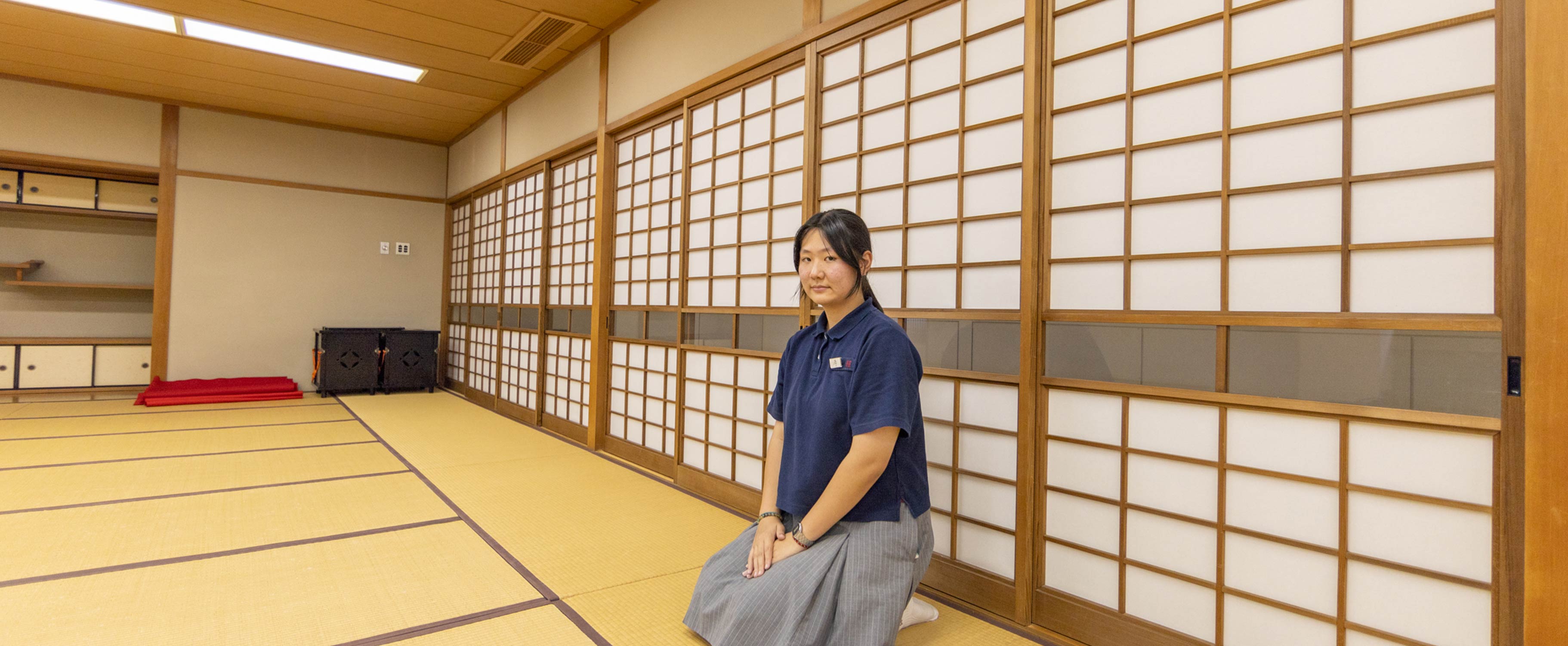Angela
Japan is very safe and comfortable. Stay calm, and enjoy the difference.
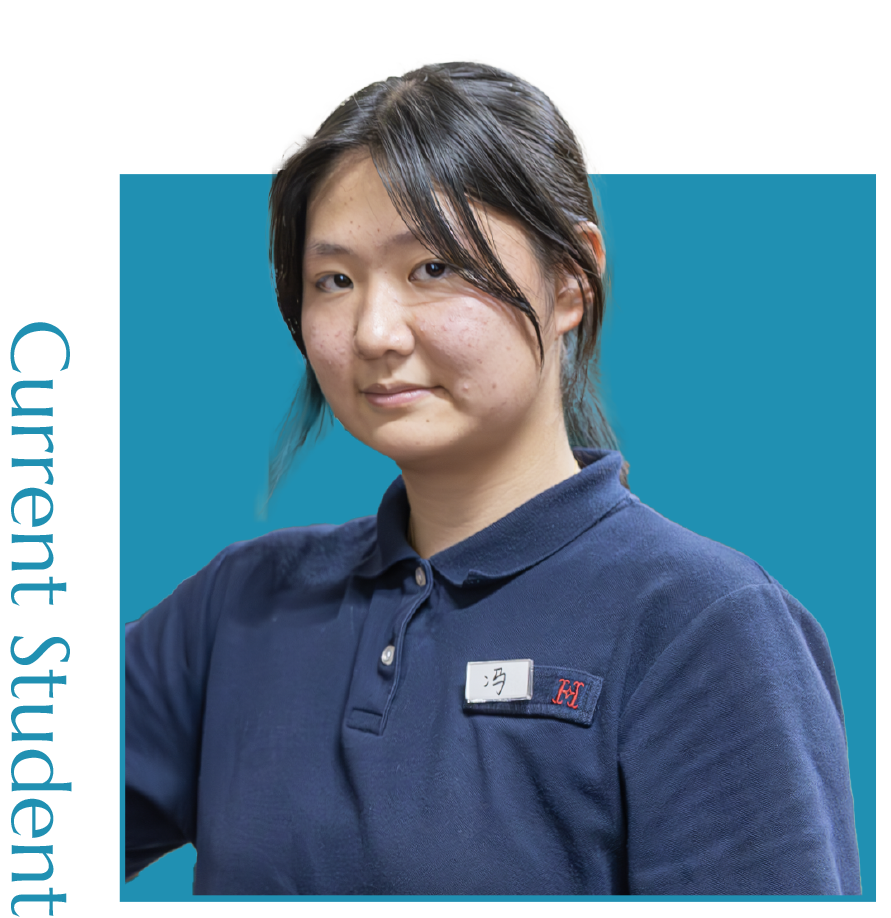
If you're planning to study abroad in Japan, prepare for independent living: Be self-reliant and stay positive.
Remember, there are people at Himeji International School who are here to help you.
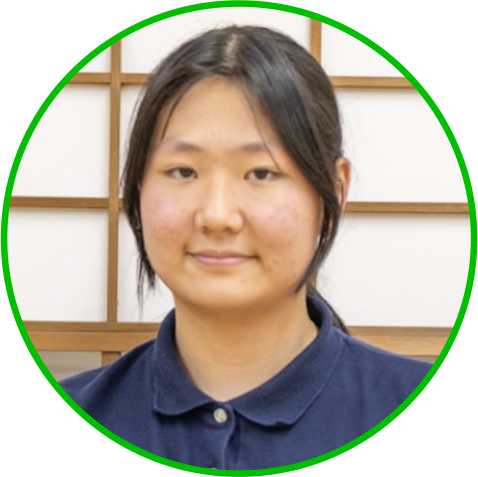
Why did you want to come to Japan?
I chose Japan for several reasons. First, it is a very safe country with minimal issues about violence. The calm
society and orderly traffic in Japan also contribute to a sense of security. Furthermore, Japan’s proximity to China
makes traveling easier for my parents to make frequent visits.
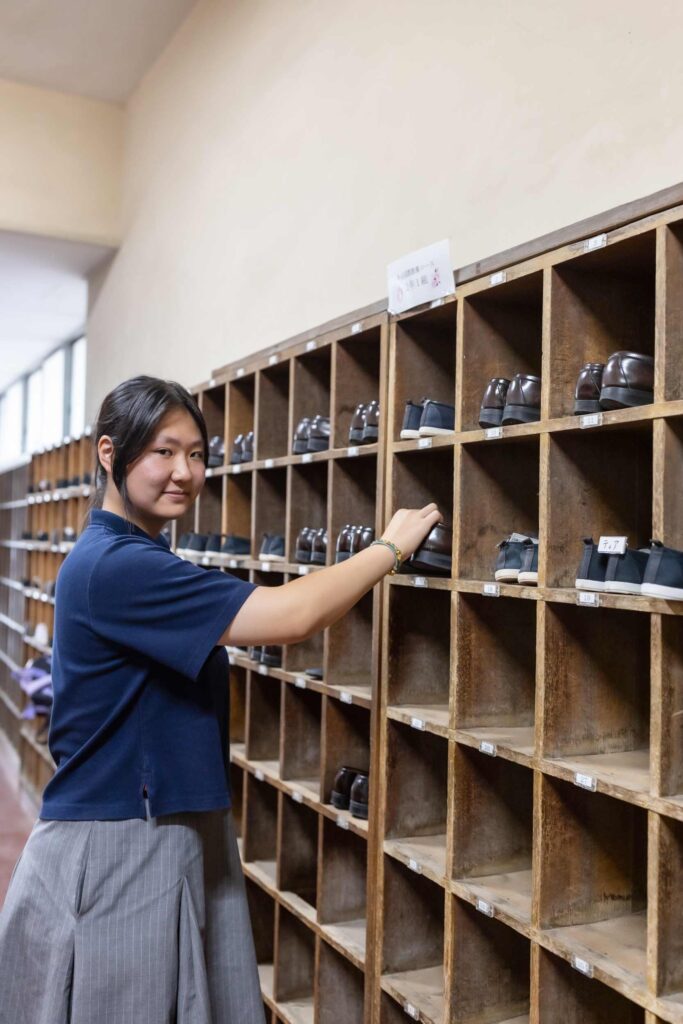

Why did you choose Himeji International School?
When I learned about the school, I was excited by its English curriculum and the foreign teachers. Their presence
made me feel more comfortable with moving to a new country since I spoke only Chinese, English,, and minimal
Japanese. I was also interested in the school’s study abroad programs in Poland and the United States.

Did you face any difficulties studying in Japanese? How did you overcome it?
Studying Japanese was harder than I expected, even though it was thought to be easier. I studied Japanese online for
two months before arriving in Japan, focusing on writing. Speaking, especially with local dialects, turned out to be more challenging than expected.
When I started school, I improved by practicing with my classmates. The biggest challenge was “Kokugo” (Japanese class), where I felt overwhelmed at first. With the assistance, I could improve my understanding of the context of my class lessons.

How do you feel about the classes and curriculum at Himeji International School, especially the liberal arts classes? How was the guidance from the teachers?
Adjusting to the structured curriculum here was tough compared to my International School in China. I initially struggled with the rules, especially in Japanese, however, after six months, I began to appreciate these rules and the social skills acquired in Kyoyou (Liberal Arts). The special English classes and interactions with the Assistant Language Teachers (ALTs) also aided with my development. Despite the demanding curriculum, I feel more confident and prepared for future studies.
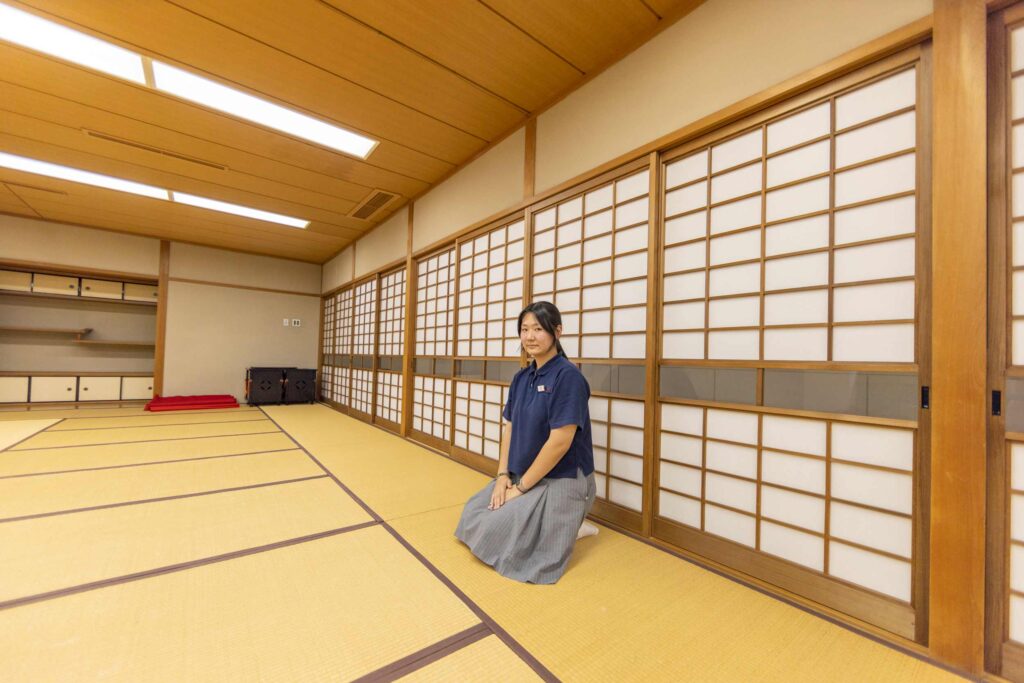

What is the most memorable event since you came to study abroad?
I enjoyed the “Yukata Festival” with nine other classmates creating special, lasting memories. We enjoyed activities like superball and goldfish scooping despite the heat and discomfort caused by the traditional sandals worn at the festival. This experience strengthened my bond with my friends and made me feel well-connected. My classmates’ kindness and my Japanese language have had an impact that has enhanced my time here.

What surprised you about Japanese culture and customs?
I only shared a bath with my mother when I was young in China and preferred not to share once I learned to shower myself. Arriving in Japan, I was shocked to find that bathing together is common. I also noticed the differences in meal times; in China, we ate whenever we were hungry, but in Japan, people have regular meal times and a consistent daily routine.

What are your plans and goals for the future?
I’ve decided to stay in Japan for university to study veterinary medicine, which will take at least six years. I believe attending a public university in Japan, like Kyoto University or Hokkaido University, is more economical. It allows me to focus on my major from the beginning, unlike in the U.S. or U.K. This choice will help lessen the financial burden on my parents and make better use of my time.

Do you have any advice for people who want to study abroad in Japan?
If you’re planning to study abroad in Japan, here’s some helpful advice;
- Learn Japanese early: Start studying at least six months before your trip. Focus on your speaking and listening skills, not just writing.
- Prepare for independent living: Learn basic skills like using a washing machine or dryer, as you’ll need to manage these tasks on your own.
- Be self-reliant: Understand that you can’t rely on your parents for everything. Managing problems independently is an essential part of the experience.
- Anticipate challenges: Prepare for potential issues like humidity and mold. Expecting difficulties will help you handle them more effectively.
- Ask for help; Don’t hesitate to ask questions. Being proactive in seeking assistance will ease your adjustment.
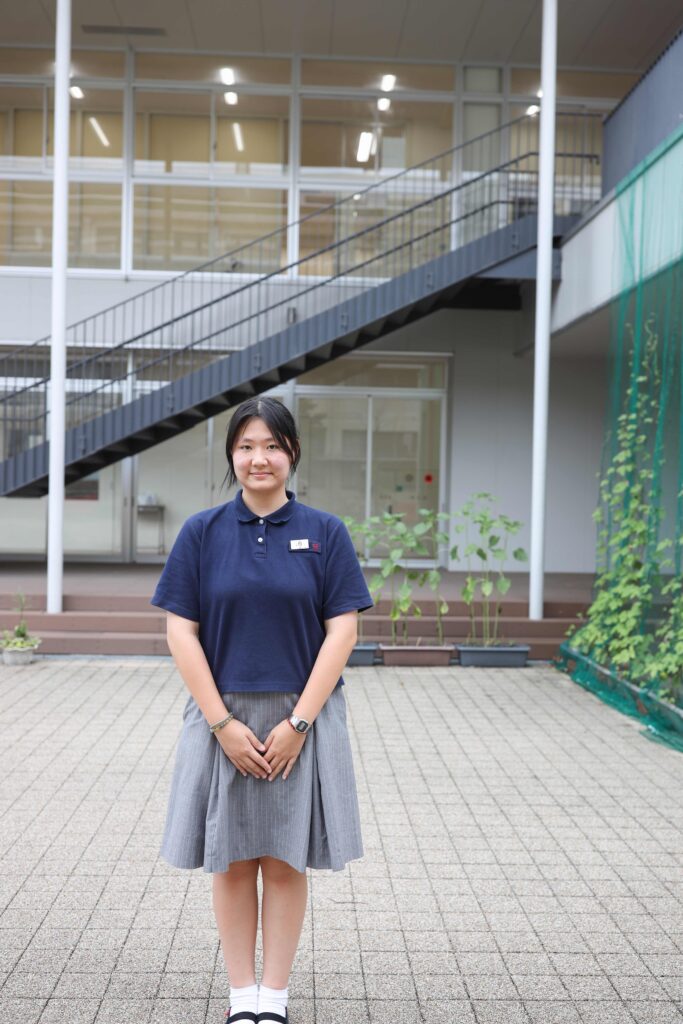
Admissions
To help you learn more about our school, please complete this online form and one of our admission team members will contact you as soon as possible.
Contact
